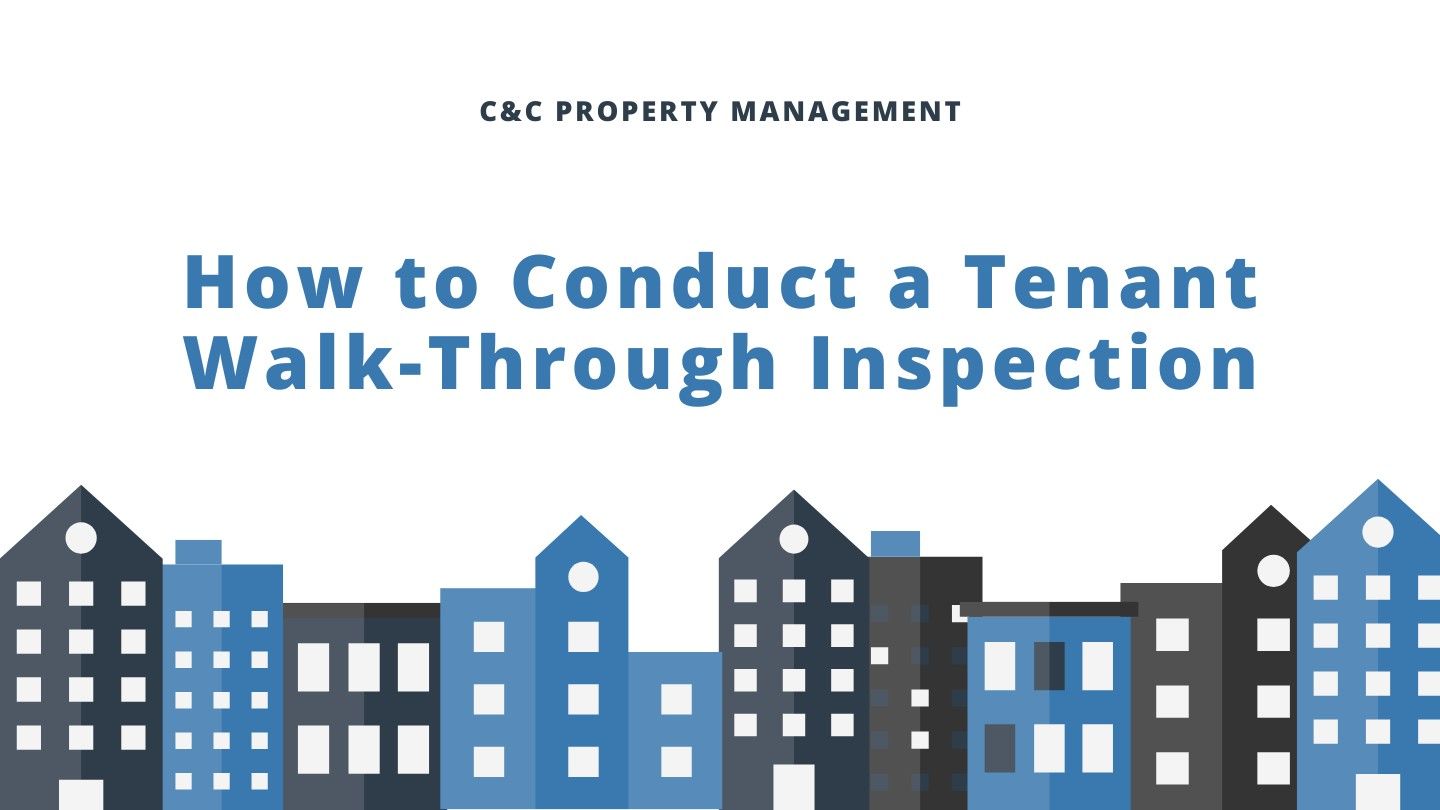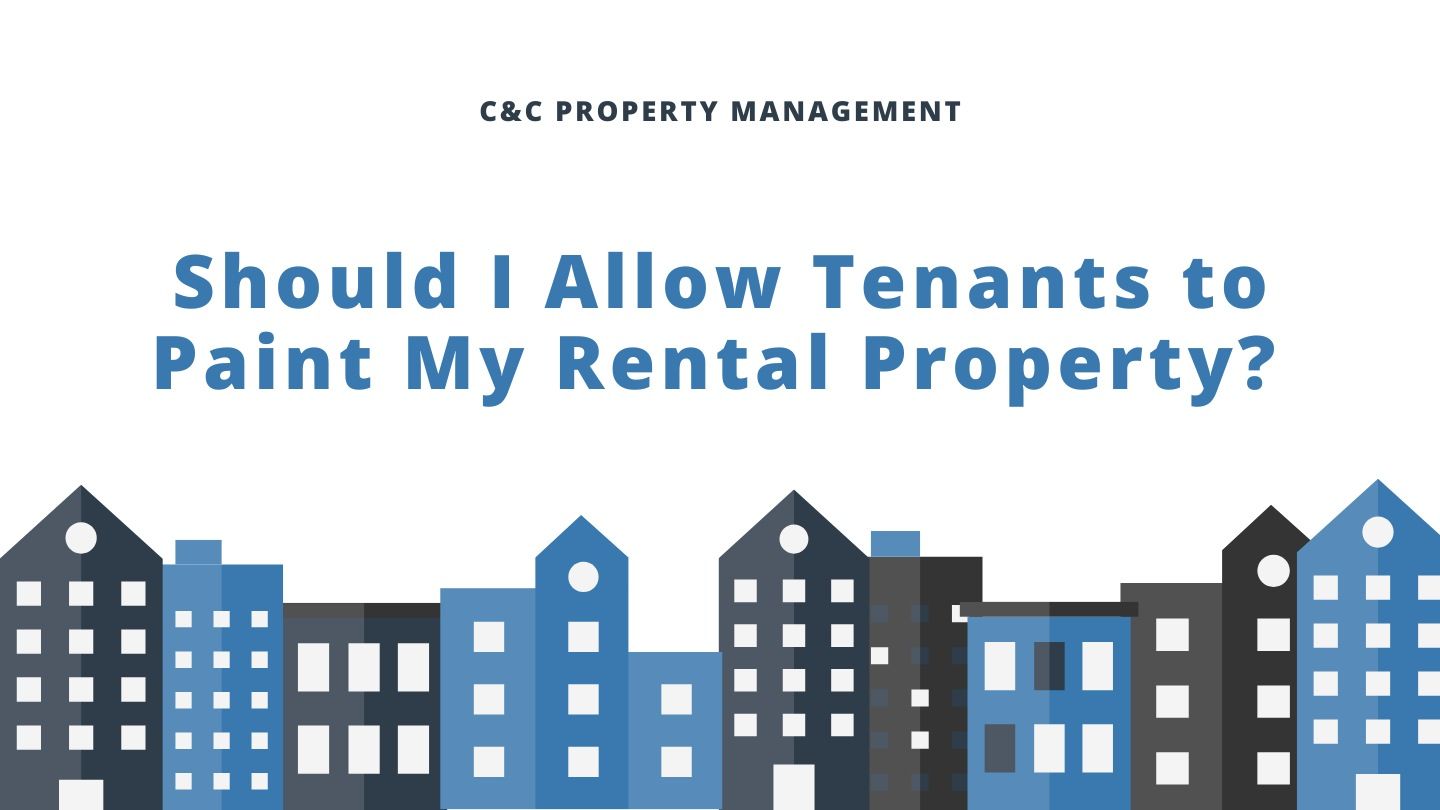Bitcoin and Property Management?
So.. What is cryptocurrency?
Just a year ago this month, California real estate billionaire Rick Caruso announced that his company would begin accepting Bitcoin for rent payments. Just over a year ago in March of 2021, Morgan Stanley bank announced it would provide access to Bitcoin funds for wealth management clients, making it the first U.S. bank to do so.
With approximately 16% of Americans already have bought into cryptocurrency, what does that mean for the real estate world?
Bitcoin is just one many different kinds cryptocurrency (crypto) out there. Crypto refers to any digital currency that is secured by cryptography using a blockchain. Blockchain encryption records data in “blocks” that you can imagine as buckets. When the bucket fills to the top, information flows into the next bucket, and the two buckets are linked in chronological order.
For that reason, blockchain is mainly used to store financial information, such as ledgers and crypto transactions.
It’s also used to execute smart contracts, where an action, such as the release of a security deposit, doesn’t take place until a condition is met, such as an apartment inspection.
When someone invests in crypto, their shares, so to speak, are held in a crypto wallet until the owner converts them into currency such as the U.S. dollar.
Wallets are secure digital storage devices that use both a public key, or address, to which people can send crypto to you, and a private key, or digital code held only by the wallet’s owner
Crypto currencies such as Bitcoin are actually purchased through exchanges, much like stock. The value of crypto moves up and down like stock, as well.
So how does that work for rent payments?
If a tenant pays rent in crypto, they're simply transferring some of their shares to you, usually via an app. Through the app, owners or property managers can then convert crypto to dollars.
We want to break it down and give you a better understanding of what that may look like.....
The Pros of Crypto
1. Security
At the moment, crypto is stored and distributed over a network of databases that are outside of the control of governments, banks, and other regulating institutions.
2. Convenience
Since the beginning of the pandemic, the demand for contactless, on-the-go transactions has gained incredible momentum. Crypto provides yet another convenient payment option property managers can offer their tenants.
3. Investment
Cryptocurrencies are more of an investment opportunity than a way to pay the bills. Because they function much like company stocks, with fluctuating value, they’re meant to be held onto until you can cash out when the price is high.
The Cons of Crypto
1. Risk
Of course, the fact that there are no regulating bodies and that cryptocurrency is, essentially, a virtual currency poses some risks.
Like the stock market, the volatility of cryptocurrency poses some risk, as well. If you don’t convert your Bitcoin at the right time, you could lose money.
2. Lack of Immediacy
In fact, it can take up to 10 days to convert Bitcoin into dollars. If you or your owners are collecting rent to pay the bills, Bitcoin isn’t going to help.
Instead, look at Bitcoin as an investment opportunity. If an owner or investor is keen on offering it as a payment option, they should ensure they have enough money coming in through traditional rent payments to allow them to take on some payments as investment only.
3. No Government Regulation
If you make a transaction using traditional U.S. dollars, you have the FDIC and other bank regulations to protect your money.
Not so with cryptocurrency. Because there’s nothing regulating transactions, you have very few legal protections.








